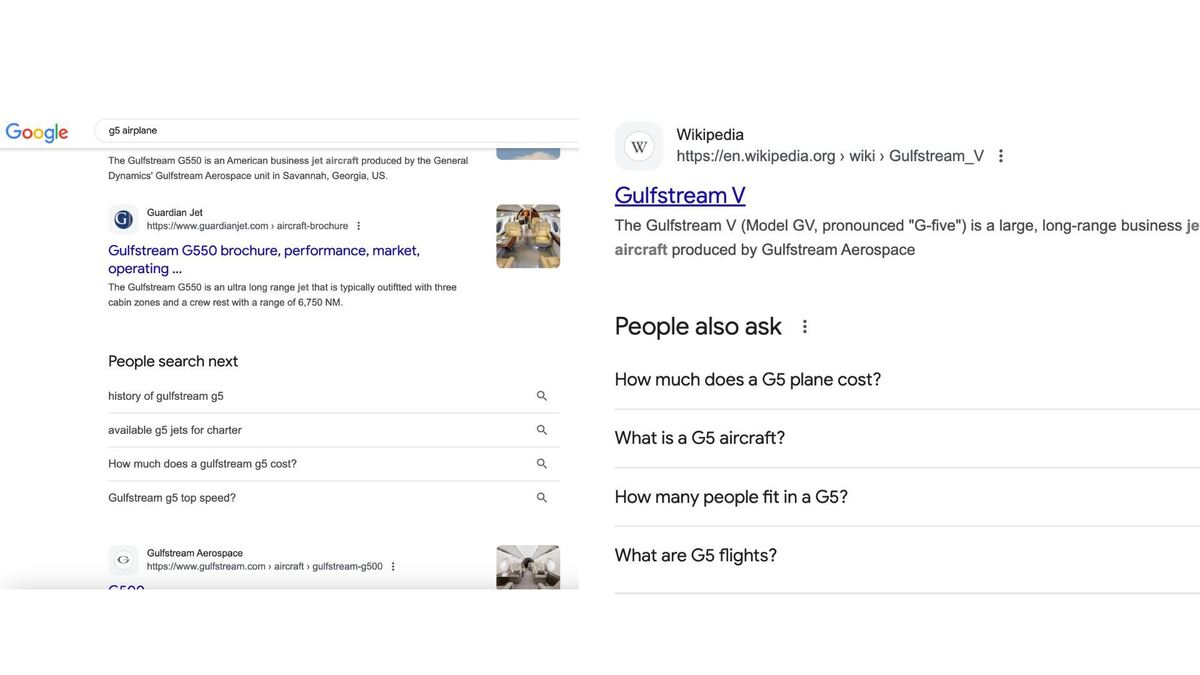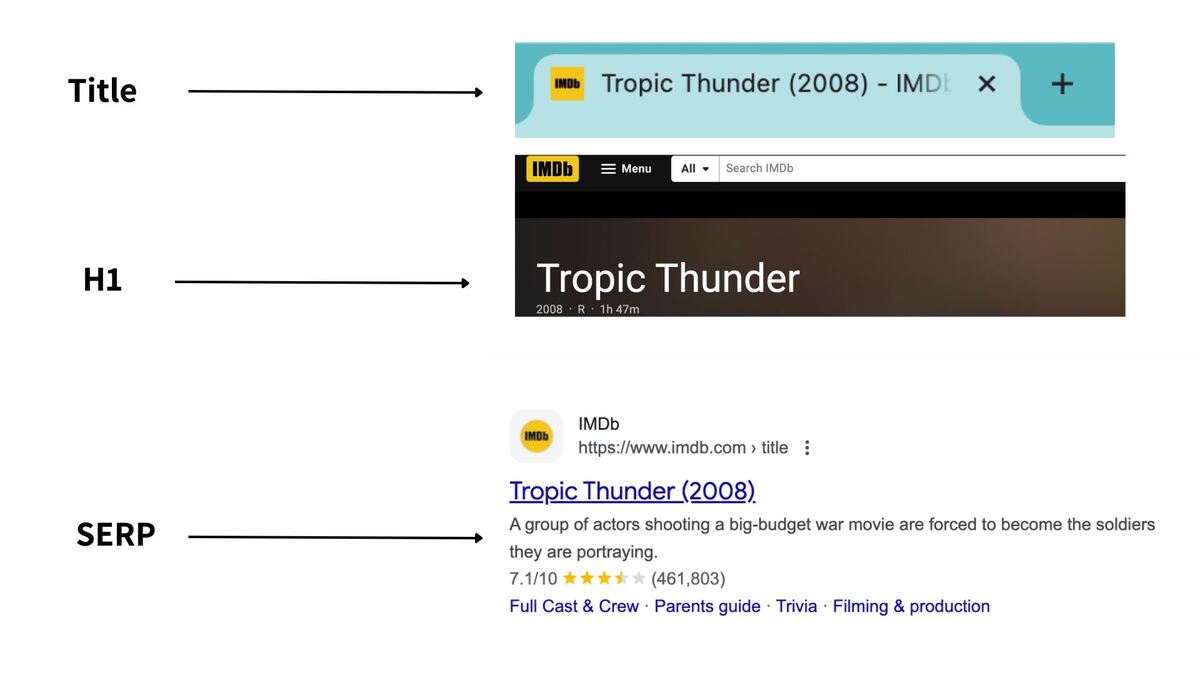Table of Contents
Introduction: Demystifying SEO for Small Businesses
Do you struggle to make your website more visible to potential customers? It’s a rhetorical question for most—who wouldn’t want more website traffic? The good news is that you and search engines like Google, Bing, and even AI-driven engines share a common goal: providing users with the most relevant, useful content.
This creates a win-win scenario. Search engines succeed when users trust their results, and you succeed when your content ranks at the top, attracting more traffic. Your role is to provide content that satisfies user intent while convincing search engines that your content is the best match for specific search terms. This process, known as Search Engine Optimization (SEO), can transform your online presence. This guide will teach you how to make your content stand out and rank higher on Google and other platforms.
What Makes Content the Best?
Great content aligns closely with the keywords and user intent behind a search term. Here’s how to break it down:
- Keywords: Keywords are the terms users type into search engines. For instance, if someone searches “best coffee shop near me,” search engines identify the relevant keywords and match them to suitable content.
- Intent: Not all search terms are created equal. Some seek information (“What is SEO?”), others aim to compare (“best home insurance”), and some have purchase intent (“buy G5 airplane”). The best content matches the intent behind the keyword.

Before creating content, research the keywords you want to target and understand the associated intent. Free tools like Google’s “People also ask” and “People search next” sections can guide your research by showing what users are actively seeking.

For example, if you search “SEO for beginners,” the “People also ask” section might show related queries like “What are the basics of SEO?” or “How do I start SEO from scratch?” These insights can help you craft content that directly answers popular questions and aligns with user intent.
Convincing Google Your Content is the Best
Think of Google’s algorithms as a discerning judge. They prioritize content that is:
- Relevant to the search term.
- Satisfying user needs.
- Created by a credible expert.
Here’s how to demonstrate these qualities.
1. How to Show Your Content is Relevant
The key is optimizing visible and hidden elements on your web page—a practice called On-Page SEO. Regardless of your platform (WordPress, Wix, Shopify), every webpage uses HTML under the hood. Focus on these elements:
- Title Tag: Clearly convey the page’s topic.
- H1 Tag: Use it for the main header.
- Subheadings (H2, H3, etc.): Organize content into logical sections.
- Meta Title & Description: Summarize your page for search engine results.
- Alt Text for Images: Describe images to improve accessibility and aid search engines.
- URL Structure: Use descriptive and concise URLs.

Optimize these elements for keywords while prioritizing user experience. Search engines reward content that is intuitive and easy to navigate.
2. How to Demonstrate Expertise
In the real world, expertise is proven by knowledge and endorsements. The same applies online:
- Showcase Your Expertise: Create content that thoroughly addresses your chosen topic. For instance, focus on becoming the go-to expert for “fitness training in [your city]” rather than competing globally.
- Earn Backlinks: Backlinks are links from other websites to yours. They act as endorsements of your credibility. The more authoritative these backlinks, the better your site’s perceived expertise. Use tools like Google Search Console to track and strategize your backlink growth.
3. Measuring SEO Success
Track these key metrics to assess your progress:
Impressions
The number of times your webpage appears in search engine results, regardless of clicks. Use Google Search Console to understand how often users see your content.
Average Position
Your webpage’s average ranking for specific queries. A lower position indicates better visibility. Google Search Console provides detailed insights.
Clicks
The number of times users click your link in search results. Monitor this metric in Google Search Console to measure content effectiveness.
Keywords
Track which queries rank in Google. Impressions show search volume, average position reflects ranking, and clicks indicate engagement.
Bounce Rate
The percentage of visitors who leave your website after viewing one page. High bounce rates may signal irrelevant content or poor user experience. Use Google Analytics to identify and address these issues.
Organic Source
Traffic from unpaid search results. Google Analytics tracks this metric, revealing the success of your SEO efforts.
4. Challenges of Using Separate Platforms
Tools like Google Analytics and Search Console are invaluable but require toggling between interfaces, which can be time-consuming and complex for small business owners. This back-and-forth makes it harder to connect insights and take quick, informed actions. By providing a unified platform, goalskeeper.io streamlines this process, enabling users to make decisions efficiently without navigating multiple tools. goalskeeper.io provides an affordable solution by consolidating insights into a single platform, saving time and delivering a clear view of your marketing performance.
Frequently Asked Questions (FAQs)
- What is the easiest way to start SEO for my small business? Start with keyword research to understand customer queries, then optimize meta titles, descriptions, and content with those keywords.
- How long does it take to see results from SEO? SEO is a long-term strategy. Expect improvements in 3-6 months, with significant results taking up to a year. However, factors such as the competitiveness of your industry and the readiness of your website—including technical SEO and content quality—can influence this timeline.
- Can I do SEO on my own, or do I need to hire an expert? You can manage SEO on your own using free tools and guides like this one. For advanced strategies or competitive industries, an expert can be helpful.
- What are the best free tools for DIY SEO? Google Search Console, Ubersuggest, and Screaming Frog are excellent starting points for tracking performance and fixing technical issues.
- What are long-tail keywords, and why are they important? Long-tail keywords are specific phrases (e.g., “DIY SEO for e-commerce businesses”) with lower competition, making them easier to rank for and more likely to attract targeted traffic.
- How can I improve my local SEO? Claim your Google Business Profile, use local keywords, and encourage customer reviews. Consistency in your name, address, and phone number (NAP) across platforms is crucial.
- How often should I update my website’s content for SEO? Refresh your website content at least quarterly. Update blog posts, add new keywords, and fix broken links.
Summary
SEO requires the right mindset to approach it as a long-term, ongoing effort rather than a one-time task. This mindset includes persistence to stay consistent, adaptability to respond to changes in SEO trends, and a focus on continuous learning to refine strategies over time. While websites can gain traffic from Google without structured efforts, this often depends on luck rather than strategy. Furthermore, managing SEO effectively often involves juggling multiple tools like Google Analytics and Search Console. However, this can create inefficiencies, making it harder to act on insights quickly.
To overcome these challenges, goalskeeper.io offers an affordable, unified solution that consolidates data into one easy-to-use platform. By eliminating the need to toggle between separate tools, you can save time, simplify decision-making, and focus on growing your business. By being intentional—focusing on content relevance, keyword research, and optimization—you can significantly improve your chances of sustainable success and predictable growth.
Read to next step?
Achieve Digital Marketing Success
Effortless Digital Marketing Analytics with goalskeeper.io
Start Free Trial








